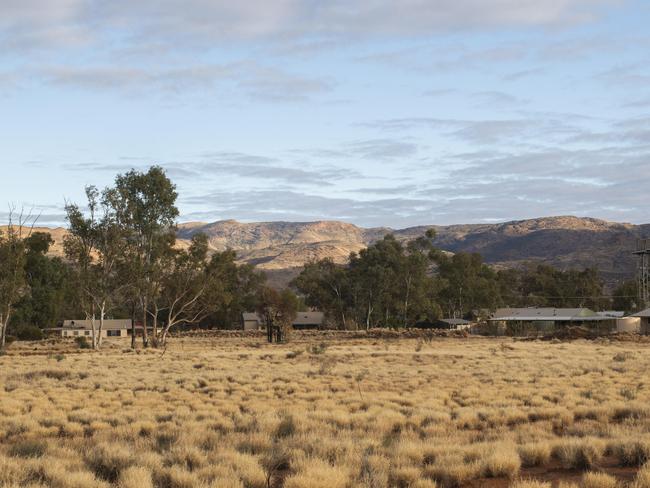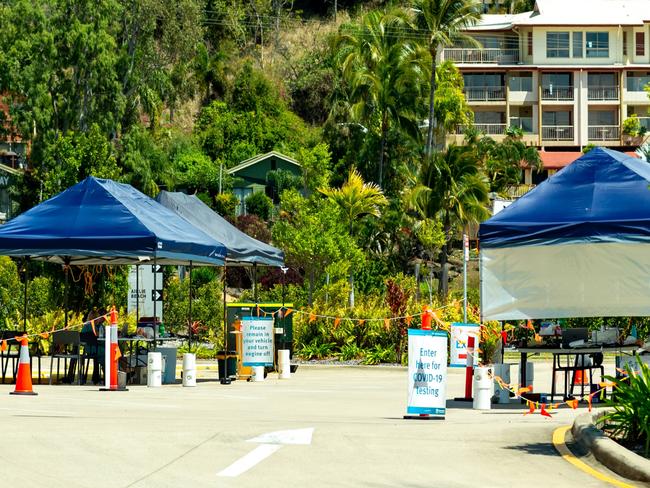SA to extend wastewater testing program to detect COVID-19 in Aboriginal communities
The COVID-19 wastewater surveillance testing program is being expanded to include Aboriginal local government area — the APY lands.
South Australian wastewater surveillance testing — which recently discovered positive results of COVID-19 in the state — will be expanded to include the APY lands.
The Anangu Pitjantjatjara Yankunytjatjara (APY) lands is an Aboriginal local government area located in the remote northwest of the state.
The program is ongoing at SA Water’s Bolivar, Christies Beach, Glenelg, Port Lincoln and Angaston wastewater treatment plants and at Mount Gambier’s Water Depot.
Health Minister Stephen Wade said the sampling proved to be an effective way of monitoring the virus within the community.
Only last week, two positives were identified through the state’s testing program, with one coming from Bolivar and the other from Angaston.
As well as spreading through droplets, the coronavirus can be excreted in people’s faeces.
“Supplementing our current testing methods with sewage monitoring has the potential to provide us with early warning signs of COVID-19, even before people carrying the virus develop symptoms,” Mr Wade said.
“Testing is also an indicator of increased prevalence in the community, should an outbreak occur.
“The expansion of wastewater testing to include the APY lands will ensure we are actively monitoring a broad range of areas across the state and continuing to take every possible step to get ahead of this virus.”

The Health Department’s Water Quality Adviser David Cunliffe said the APY lands had a vulnerable population and the wastewater testing was a non-invasive, early form of detection that would allow for necessary controls to be implemented if an outbreak occurred.
Wastewater surveillance testing programs are used across the country, including in Victoria, Queensland and NSW.
Last Thursday, sewage surveillance in QLD’s Airlie Beach suggested a positive COVID-19 case may have been in the region.
Queensland Chief Health Officer Dr Jeannette Young said viral fragments were not infectious or deemed a high risk.
“We know it is a tourist destination, lots of people travel there from within Queensland and other states that can come here,” she said.
“It’s important we’re a little bit more alert when there’s tourists involved.”

Victoria Health also stepped up testing in Apollo Bay after positive fragments were detected in wastewater taken from the area on Sunday.
Victorian Chief Health Officer Brett Sutton said the result was of particular interest because there have been no known cases in the Apollo Bay community in recent weeks.
He said it was possible someone previously had the virus but continued to “shed” the virus, which could take several week for someone to stop.


